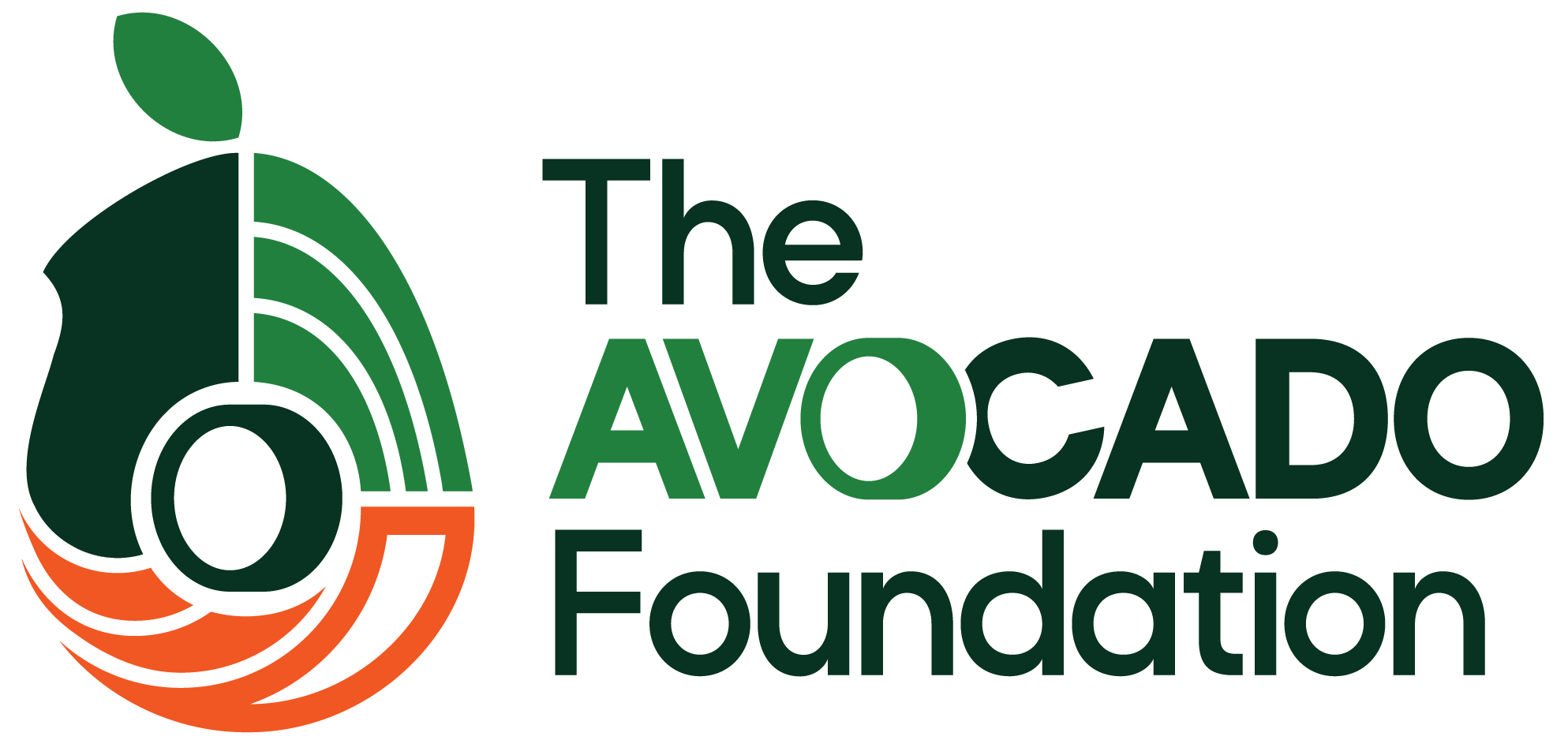“Many of our organisations and our communities are still not feeling that their voices are recognised.”
– Julie Pal (CEO, CommUNITY Barnet)
On 20th October 2022, Money4YOU’s #OperationTransparency held a panel discussion on re-imagining Finance and Funding for BAMER (Black, Asian, multi-ethnic and refugee)-led organisations.
The campaign calls for publishing diversity data in the charity sector, a step that will boost transparency and public trust in charities, and will enable charities, researchers, and the public to hold funders to account on the diversity of their funding decisions.
BAMER-led nonprofits are typically smaller and less well-funded than their non-BAMER-led counterparts. This means a close relationship with trusts and foundations, which play a crucial role in enabling and supporting the non-profit ecosystem.
During the event, James Lee, a consultant at City Bridge Trust, said: “This is my thought, not City Bridge’s, but I almost find it insulting that when it comes to work with diverse communities, funders seem to have less of an appetite for risk. What are you saying when you don’t have that appetite for risk and you’re not willing to offer that unrestricted funding? Are you saying that applications from a more diverse range of organisations are somehow less than, or less trustworthy than, what you may see from larger organisations who form the majority of funding portfolios?
“I am massively in favor of unrestricted funding. I have been the other side of the funding equation, and I understand how difficult it is to try and squeeze overheads in to make sure that the back office that supports the delivery of really essential project-based work is still there. I feel like it’s a step change for funders.”
“Restricted funding, one day, will be seen, I am sure, as the Nestlé of funding. We give it in one hand, and we take it away with another when we put restrictions around the money that we give.”
– Liz Pepler (Director, Embrace Finance)
BAMER-led nonprofits are still struggling to meet the most pressing needs of the communities they are supporting, despite the promises of various funders over the years, and especially since 2020. Julie Pal, CEO at CommUNITY Barnet, said: “Whenever there are conversations around our Black communities, and I use that word inclusively, as a Black woman of South Asian heritage, we are still having to beg. And I find that wrong.”
The panellists agreed that funders should abolish restricted funding. “I would argue strongly that it’s redundant within the confines of organisations that are working with more marginalised communities, certainly, simply because there is an inherent lack of engendering trust around that,” said James Murphy, Director at The Good Trouble. “You just have to look at some of the organisations that worked through the Global Majority Fund, and I’d note that it actually cost them money to be able to deliver those things. They’re not in a power position to be able to turn down that funding, but still had to deliver it at cost.”
Liz Pepler, Director at Embrace Finance, said: “I spend day in, day out, working with organisations building financial sustainability. And I know that full cost recovery is not a sustainability strategy. It won’t work. If we’ve set out to make it as difficult as possible for organisations to be sustainable, we have nailed it.”
And finally, there needs to be a greater focus on long-term funding. Attendees quizzed the panel on how they planned to deliver support to underappreciated legal structures like CICs and new organisations, and how spending limits set by funding have created gaps in provision for core costs and for exploring new ideas. One attendee said their organisation consistently struggled with sustainability beyond specifically funded projects.
These insights will be invaluable as we continue our work to support BAMER-led organisations and build a more equitable and diverse charity sector.
